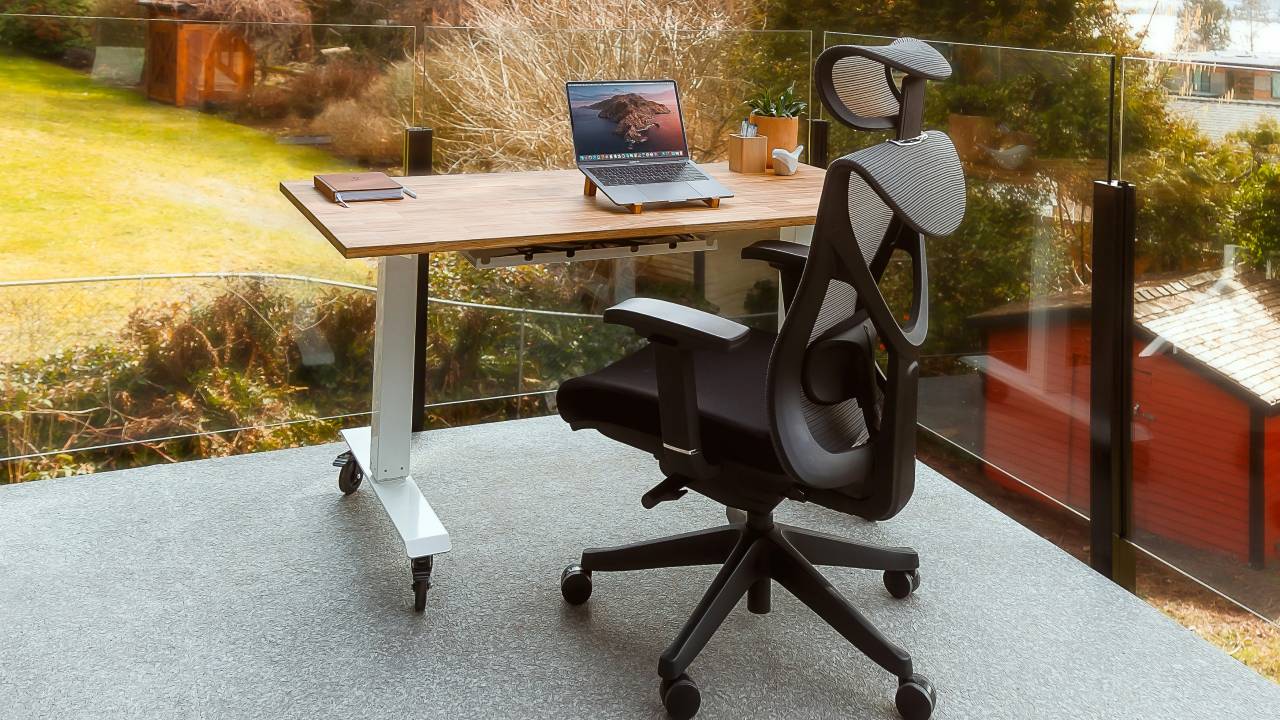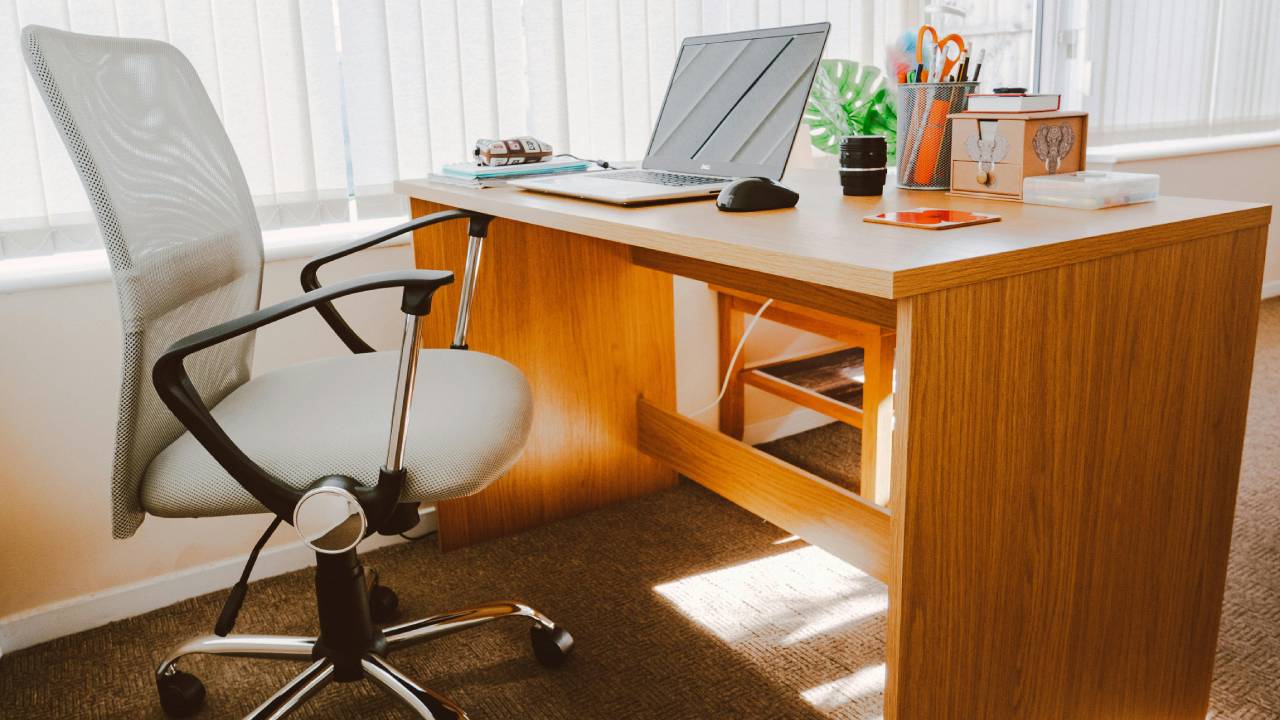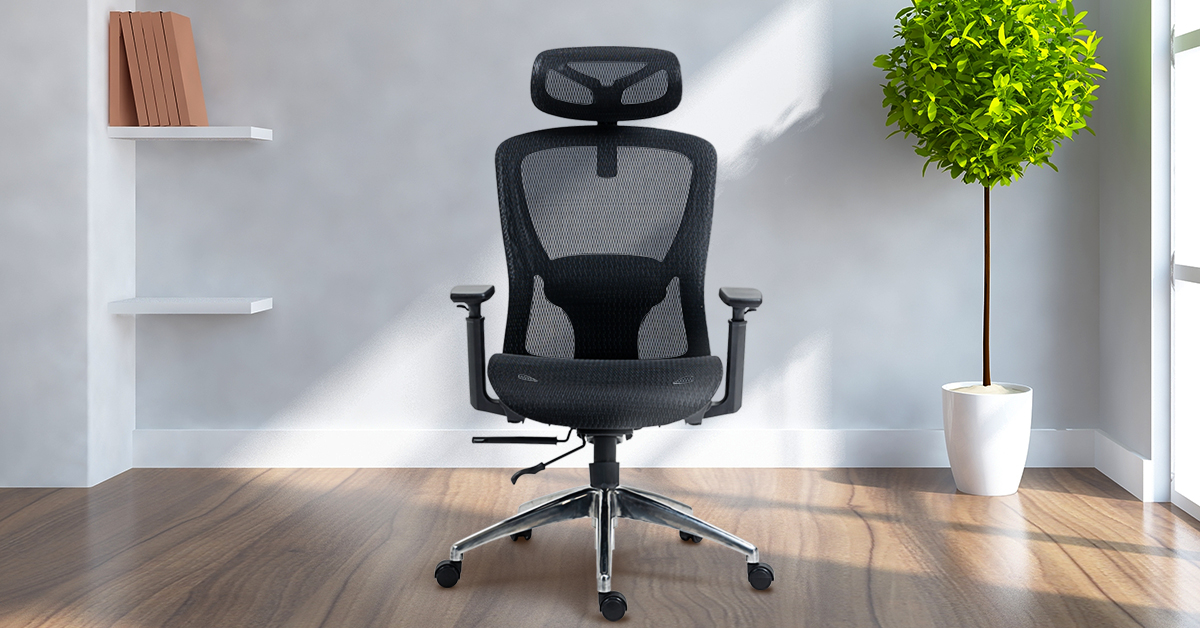7 mistakes everyone makes when choosing an office chair
From flimsy wheels to bad support, here’s everything you need to consider when buying an office chair



For Back To Class month on T3, we’re looking at all the essential items you need to get you prepared for heading back to the office, university or school classroom. While most offices already have chairs, desks and other accessories set-up, having your own office chair that caters to your specific needs is invaluable.
Whether you’re in the office or working from home, having one of the best office chairs ensures that you’re comfortable while sitting down for several hours a day. After all, your office chair should support you and your body, rather than leaving you feeling sore, achy and stiff after a long day at work.
When choosing a chair for your office or WFH set-up, there are many things to consider – and yes, you can make mistakes when buying one. So, to help you find the right chair, here are seven mistakes everyone makes when choosing an office chair and how to avoid them.
1. Choosing the wrong chair size
Choosing the wrong sized chair might sound silly, especially considering that the majority of office chairs can be adjusted. However, if you ignore the chair’s dimensions – more on this below – you could end up with a chair that’s too small or too big.
Having a chair that’s too small means you won’t fit in it properly which can lead to discomfort, pain and extra fidgeting – and that’s if you can even sit down in it! On the other hand, a chair that’s too big can feel like it’s crowding you and can lead to poor posture as you’re unable to sit at a proper height or reach the arm and foot rests.
With your office chair, you should be able to rest your feet flat on the floor with your knees at the same height as your hips and your lower back resting against the lower part of the chair. If this isn’t happening, it’s a clear sign that your office chair is too big or small for your size, so make sure to compare your height and weight against the chair to see if it’s the right fit for you.

2. Forgetting ergonomics and adjustments
As most office workers tend to sit in an office chair for eight hours a day, it’s important to choose one that supports your body, which is why you should consider the ergonomics and adjustments. If you sit in a chair that’s uncomfortable and doesn’t support parts of your body, it could be extremely painful and affect your body and posture. Since you have to sit in a chair for most of your weekdays, you might as well be comfortable, right?!
Get all the latest news, reviews, deals and buying guides on gorgeous tech, home and active products from the T3 experts
Ergonomic features to consider include lumbar support, armrests and seat adjustments, like tilting and lifting. Lumbar support keeps your back and neck comfortable and spine aligned, while armrests support the elbows, shoulders and hands. For different height requirements and comfort levels, you’ll also want an office chair that can be adjusted, particularly the back, head and arm rests.
3. Having flimsy wheels
Not all wheels are built the same, so while your office chair’s casters move smoothly across hardwood floors, it might not fare as well with carpet. Whether you actively wheel around in your chair or just push it to your colleague’s desk to see their screen, flimsy or hard-to-push wheels are incredibly annoying. Depending on the floor of your office, you can pick wheels that are specifically designed for hardwood or carpet, so you can scoot around in your chair freely and smoothly.
4. Not considering a head rest
Not all office chairs will come with a head rest but that doesn’t mean you shouldn’t consider one. After a long day in front of your laptop, it’s nice to have a quick break before you start your next task by resting your head. Not only can a head rest give you quick relief, but it can reduce any strain you’re experiencing in your neck and shoulders. If you’re prone to headaches, a head rest can also help with this.

5. Ignoring the specifications
As mentioned above, you should always pay attention to the specifications of the office chair you’re looking to buy. Aside from height and weight, there are other measurements to consider that can result in how comfortable you feel while sitting in your office chair. For example, you should look at how wide it is to see if it’ll fit under your desk while giving you enough space to sit comfortably. You’ll also want to check how much or little it can be extended, the materials it’s made out of and the different ways it can be adjusted.
6. Not conducting the sit test
Almost everyone buys things online nowadays, but if you can head to a store to sit on an office chair before you buy it, that’s what we’d recommend. You can do all the research in the world, but that doesn’t necessarily mean you’ll find it comfortable when it arrives. Instead, head to your local office chair store – think B&Q, John Lewis, Furniture Village, Ryman, The Range, etc. – and sit in your office chair of choice for a few minutes to see if you like it, if it gives enough support and how it moves.
7. Failing to look after your office chair
Once you’ve bought an office chair, you don’t need to do anything to it, right? Wrong. If you’re not taking care of your office chair, you can reduce its lifespan. Office chairs should last up to eight years before they need replacing, due to general wear and tear and loss of support. To keep your office chair in good condition, you should clean it regularly and replace any damaged parts to keep it lasting for longer.

Beth is Home Editor for T3, looking after style, living and wellness. From the comfiest mattresses to strange things you can cook in an air fryer, Beth covers sleep, smart home, coffee machines, watches, grooming tools, fragrances, gardening and more.
In her spare time, Beth enjoys running, reading, baking and attempting craft projects that will probably end in disaster!